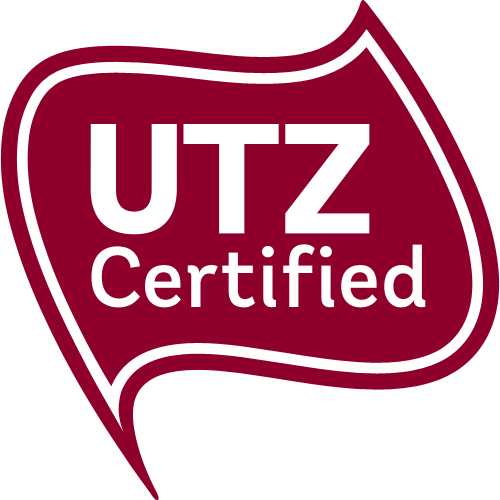The mission of UTZ Certified is to make sustainable farming the norm. But what does that mean in practice, and how can we see whether we’re on the right track?
One useful resource is the annual State of Sustainability Initiative (SSI) Review, which presents an overview of 16 different standards and 10 commodities. We welcome the extensive research that has been carried out by the SSI team, and we are pleased to see that sustainability standards continue to experience exceptional growth by successfully penetrating mainstream markets.
The SSI review 2014 showed that of all the cocoa produced in the world, 13% is UTZ certified and together all certification schemes account for 22% of global production. In coffee, certified production is now at 21%, with UTZ contributing 9%. UTZ has become the biggest program for coffee and cocoa in just over a decade.
Through joint efforts with other standards we are well on the way to reaching our goal of having 50% of global production of coffee, cocoa and tea certified as sustainable by 2020.
The report also indicates the inherent potential and limitations of standards as market based instruments. It highlights the ‘oversupply’ of standard-compliant production, showing that between one-third and one-half of total certified production is actually sold as certified. For UTZ certified products the ratio 3:1 has been consistent over recent years.
This percentage is very common in the sector, and it is also an important step to make sustainable farming the norm. Multi-certification is one of the reasons why not all UTZ coffee, cocoa or tea is sold as UTZ certified. About half of UTZ certified farmers also work with one or two other sustainability standards as a way to manage risks and secure even better market access.
Many of the benefits farmers see in the UTZ program come directly from the implementation of sustainable practices. For example, the good agricultural practices set out in the UTZ program lead to better soil structure, more trees and vegetation and increased biodiversity, which makes their farms less vulnerable to external shocks such as pests and droughts.
Thanks to better informed decision making, long term risk management and profit being re-invested in the farm, farms become more resilient and long term economically viable. See our Impact Report for more information.
That’s why over-supply is actually a matter of under-demand. In a world where sustainable farming is the norm there can never be too many farmers working in a sustainable manner. Of course we call upon our partners to increase market uptake of certified products even more so that more and more farmers have better market access.
Right now there are over 10,000 UTZ-labeled products available in 116 countries worldwide, but we still have a long way to go.
Han de Groot, Executive Director at UTZ Certified
The report “The State of Sustainability Initiative (SSI) Review 2014” was developed by The International Institute for Sustainable Development (IISD) in collaboration with the United Nations Forum on Sustainability Standards (UNFSS), the State Secretariat for Economic Affairs of Switzerland (SECO) and the Swedish Foundation for Strategic Environmental Research (MISTRA).
You can read the full report here.














